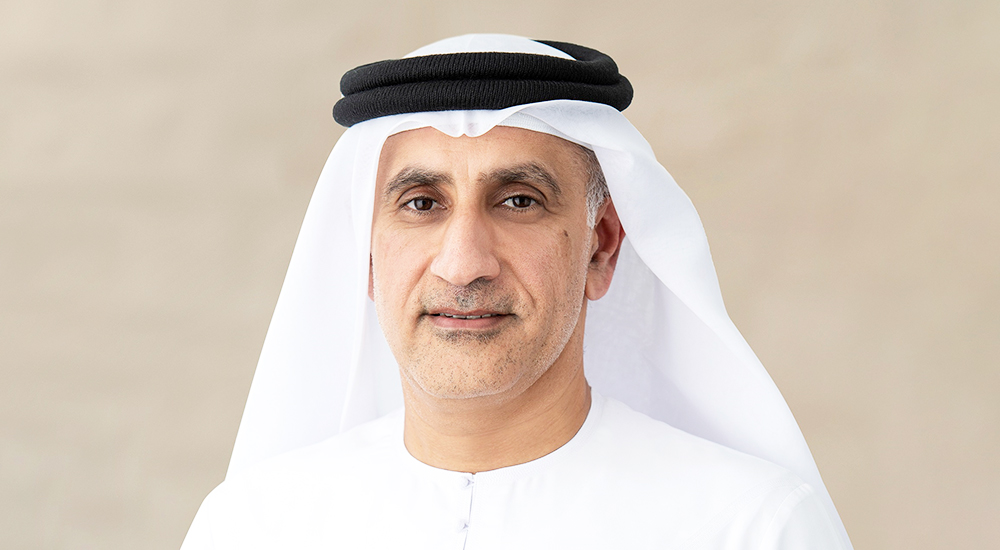Emiratis will drive future digital transformation in UAE

When examining what awaits while considering the unprecedented transformation currently unfolding, there is little doubt that, professionally speaking, today’s rising stars and tomorrow’s generations from the Emirati talent pool will be presented with many opportunities to explore diverse career paths and fulfil their full potential.
With visionary agendas like the UAE Centennial 2071 Plan and Towards the Next 50 Project gaining sustained traction nationwide, new foundations are now being laid that will empower UAE nationals for decades to come. However, prudently positioning them to innovate, ascend professional ladders, and make invaluable contributions to their employers, industries, and the nation requires training of the highest calibre, a requirement being proactively embraced given the possibilities at hand.
Events such as Ru’ya, Careers Redefined offers a platform for homegrown Emirati talent to benefit from career-defining discussions, live performances, interactive workshops and opportunities to engage with leading employers.
In line with the government’s Emiratisation directive, which mandates the widespread inclusion of Emiratis to overcome structural labour market divisions, spur jobs creation, foster entrepreneurship, and drive economic contributions, business communities have rallied in this direction, prioritising avenues for entry for homegrown talent.
For example, it was only recently that UAE private sector companies were bound by an aspirational economic reform objective. By 2026, 10% of all positions are required to be occupied by Emiratis, with other incentives such as salary increases, training grants, and pension subsidies also requirements.
While the UAE has traditionally relied on the expatriate community to take up positions across sectors, the next five decades will undoubtedly curb this tendency. Rather than onboarding from abroad, more and more positions will be occupied from within. Emiratization targets like the private sector commitment mentioned above will eventually prove to be just the beginning of UAE nationals thriving in professional life, with all sectors certain to increase employment opportunities for Emiratis. For the technology industry, this is particularly relevant and important.
After all, the digital revolution has, in some ways, only just begun. And as the technology landscape continues evolving and digital transformation and smart cities development demands grow, record numbers of career positions will manifest, although the UAE’s upcoming best and brightest do and will require essential training to flourish. The time is right for technology companies to strive towards becoming an employer of choice for emerging Emirati talent by prioritising the training, development and upskilling of UAE nationals.
Further, organisations can look into establishing industry partnerships with leading companies in the ICT sector to support the UAE’s local agenda by developing homegrown talent.
Only an agile, forward-thinking organisation that is able to adapt to the challenges and opportunities presented by the acceleration of digital technologies can build a futuristic, engaging and a digital-first workplace.
Ultimately, the individual and collective success of these programs rests with talent driving them, and these programs alone emphasize the scale of opportunity that awaits Emirati talent in the coming decades and beyond.
Key takeaways
- Business communities have rallied in this direction, prioritising avenues for entry for homegrown talent.
- By 2026, 10% of all positions are required to be occupied by Emiratis, with other incentives also requirements.
- Individual and collective success of these programs rests with talent driving them.






